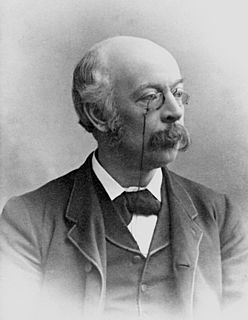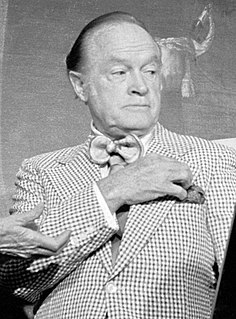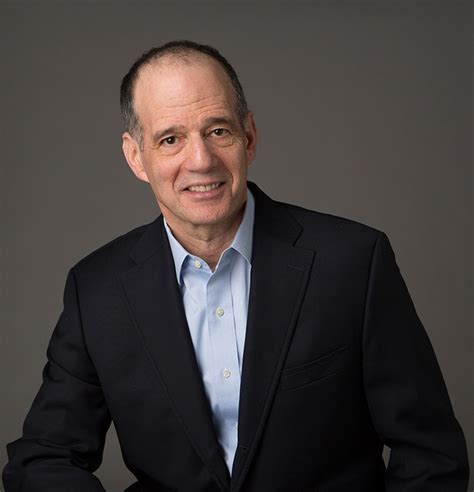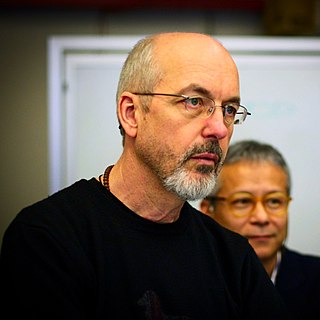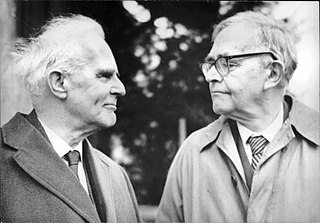A Quote by Seyyed Hossein Nasr
Rumi is perhaps the greatest mystical poet who ever lived, one of the greatest poets of the Persian language. He was able to express practically all aspects of the spiritual life and our existential situation in the world today as human beings in beautiful Persian poetry.
Related Quotes
The Iranian people were converted to Islam not very much longer after the conquest of the Arab world by Islam, but they refused to adopt the Arabic language, and it's a great point of pride to them that Persian culture and the Persian language and Persian literature survived the conversion to Islam. And the conversion to Islam also was for most of them not the Sunni majority form, but the Shia one. So there's a great discrepancy between Iranian society and many other of what we think of as Arab Muslim States and systems.
... consciousness is an ever-unfolding, deepening, and expanding process with no end point. We are infinite and complex beings, and our human journey involves not just a spiritual awakening, but the development of all levels of our being - spiritual, mental, emotional, and physical - and the integration of all these aspects into a healthy and balanced daily life.
For the Persian poet Rumi, each human life is analogous to a bowl floating on the surface of an infinite ocean. As it moves along, it is slowly filling with the water around it. That's a metaphor for the acquisition of knowledge. When the water in the bowl finally reaches the same level as the water outside, there is no longer any need for the container, and it drops away as the inner water merges with the outside water. We call this the moment of death. That analogy returns to me over and over as a metaphor for ourselves.
No words can express how much the world owes to sorrow. Most of the Psalms were born in the wilderness. Most of the Epistles were written in a prison. The greatest thoughts of the greatest thinkers have all passed through fire. The greatest poets have "learned in suffering what they taught in song." In bonds Bunyan lived the allegory that he afterwards wrote, and we may thank Bedford Jail for the Pilgrim's Progress. Take comfort, afflicted Christian! When God is about to make pre-eminent use of a person, He put them in the fire.
For the Platonic or Aristotelian philosophy, it is of no importance whether Plato or Aristotle ever lived. For the mystical practice of an Indian, Persian, Chinese, or Neo-Platonic mystic it is a matter of indifference whether Rama, Buddha, Laotse, or Porphyrius are myths or not. The mystic has no personal relation to them. It is not here a question of somebody telling me the truth which of myself I cannot find, but of my finding an access to the depths of the world in the depths of my soul.


